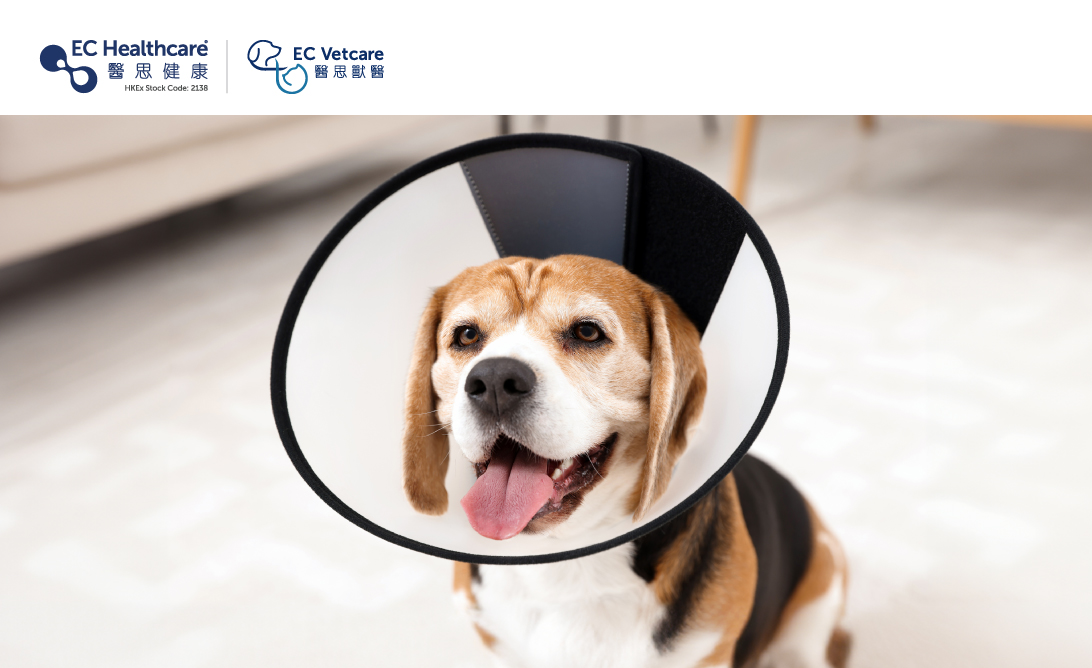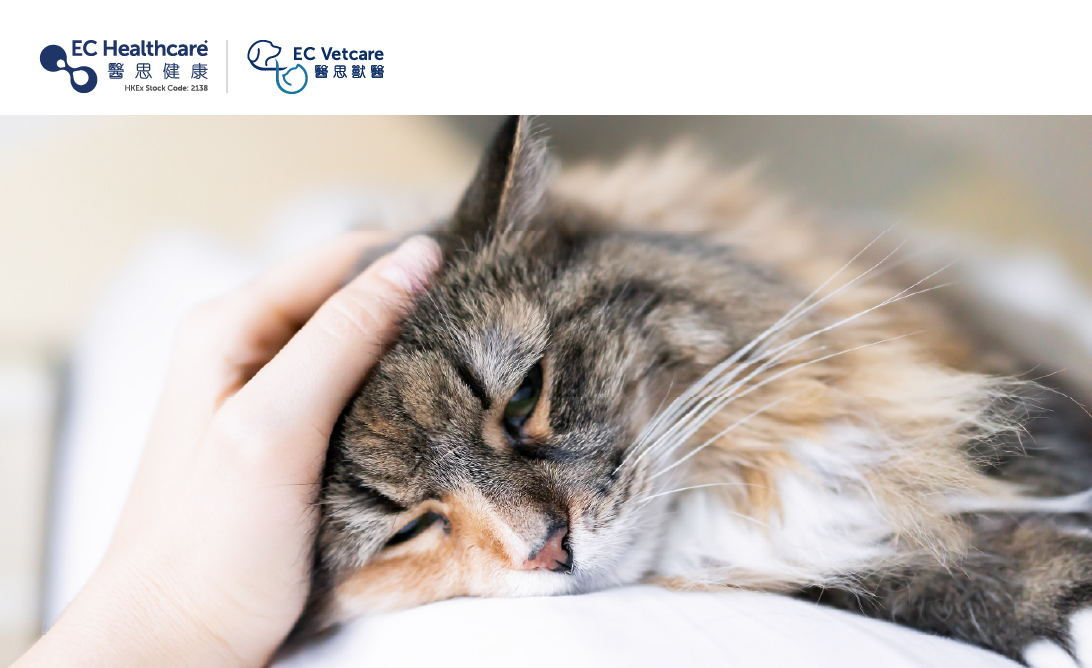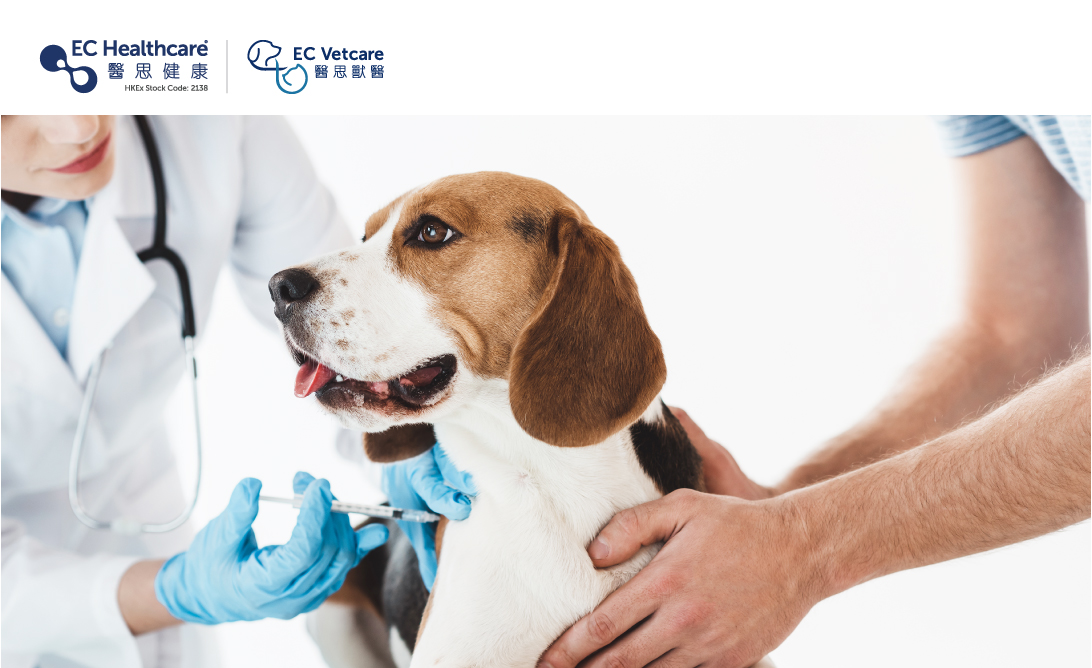What are the benefits and risks of neutering dogs and cats?


Neutering is a common pet medical procedure that can effectively prevent cats and dogs from becoming agitated during estrus. Generally speaking, sterilization surgery is the removal of a pet’s reproductive organs. For example, male cats and dogs need to remove the testicles and epididymis; female cats and dogs need to remove the ovaries, fallopian tubes, uterus, etc. But as a pet owner, do you know the benefits and risks of neutering?

4 major benefits of neutering cats and dogs
Reduce the chance of disease: Neutering can reduce the risk of diseases related to the reproductive system in cats and dogs, such as breast tumors and pyometra in female cats and dogs.
Behavior improvement: Neutered pets usually reduce aggressive and territorial behaviors, such as urinating indiscriminately and attacking other animals.
Avoid estrus: For cats and dogs kept outdoors, neutering can avoid the risk of chasing accidents or diseases caused by being attracted to the opposite sex in the wild during estrus.
Increase the average life span: Neutering can have a positive impact on the average life span of cats and dogs. Studies have shown¹ that the average age of sterilized dogs is 1 to 1.5 years longer than that of non-neutered dogs.
Risks of neutering dogs and cats
After cats and dogs are neutered, hormonal changes may lead to an increase in appetite, increasing the chance of obesity. Owners should pay attention to adjusting their pet's diet and increasing their pet's amount of exercise.
Additionally, while sterilization surgery is relatively safe, there are certain risks associated with any surgery, such as anesthesia risks, bleeding, or wound infection. Pet owners must choose a regular and reliable pet hospital for sterilization surgery surgery.
When should pets be neutered?
The best time to perform sterilization surgery is when the animal is mature and before giving birth. Generally, dogs reach sexual maturity at about 6 to 8 months of age, and cats reach sexual maturity at about 5 to 6 months of age.
Sterilization surgery is an important decision that needs to be made based on your pet's specific situation and your veterinarian's advice. As a responsible pet owner, you should have a detailed discussion with a professional veterinarian to make the best decision.
¹ Joonè, C.J., Konovalov, D.A. The effect of neuter status on longevity in the Rottweiler dog. (2023).
Disclaimer: This article is prepared by an independent third party and is not sponsored. The content provided is solely for informational purposes and should not be considered a substitute for professional medical advice, diagnosis, or treatment. It does not represent any specific viewpoint. In the event of any discomfort or health issues, it is advised to seek medical attention promptly.
Related Brands



